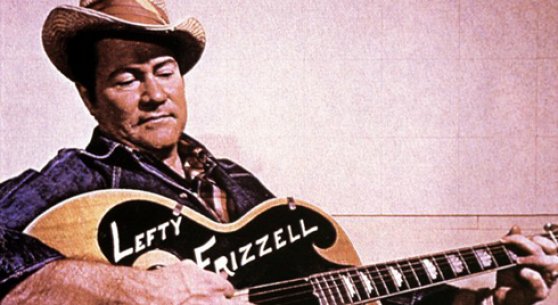In what now seems like a previous life, I worked as a reissue producer. (Here are some of the records I worked on.) We went into record company vaults and came up with single-disc and box-set compilations that made the case for a particular performer’s work. It was fun doing that sort of curation, especially when it came to bringing an old favorite back to print. But I had to do it in such a way that people might actually buy it. I may be a Lefty Frizzell nut, for example, and I’m happy to have heard everything the guy ever recorded. You, though, are probably a normal person who only needs a single CD of Lefty in your life. (This was back in the ’90s, when people still bought CDs.) Our motto was “we listen to every record … so you don’t have to.”
I worked as a freelance producer, so I often found myself in the office of a record executive pitching ideas as obvious as a Loretta Lynn box (MCA funded that idea) and as obscure as a Swamp Dogg box (no one bought that one). One afternoon, I found myself across the desk from Don Rose, founder of Rykodisc, the pioneering CD-only label that made its name on Frank Zappa and David Bowie reissues. I made, I felt, a pretty persuasive argument for the quality of what I was proposing. “I like it,” Don said. “But I have to decide which records I want to pay $15 for and which I want to pay $15,000 for. For me, that’s a $15 idea. I’d buy it if I saw it in the store, but I wouldn’t fund it.” (The budget for the project would have been around $15,000.) It was easy for me to make Don the music lover believe my idea was worth $15; I was unable to convince Don the record company president that it was worth $15,000.
If you are in a company and you have a new idea to propose, you have to make two groups of people believe it’s worth their while to pay for it: the individual or business that will end up using it — and the business on whose behalf you will be developing it. Without one, you’ll never get to the other.
Back




